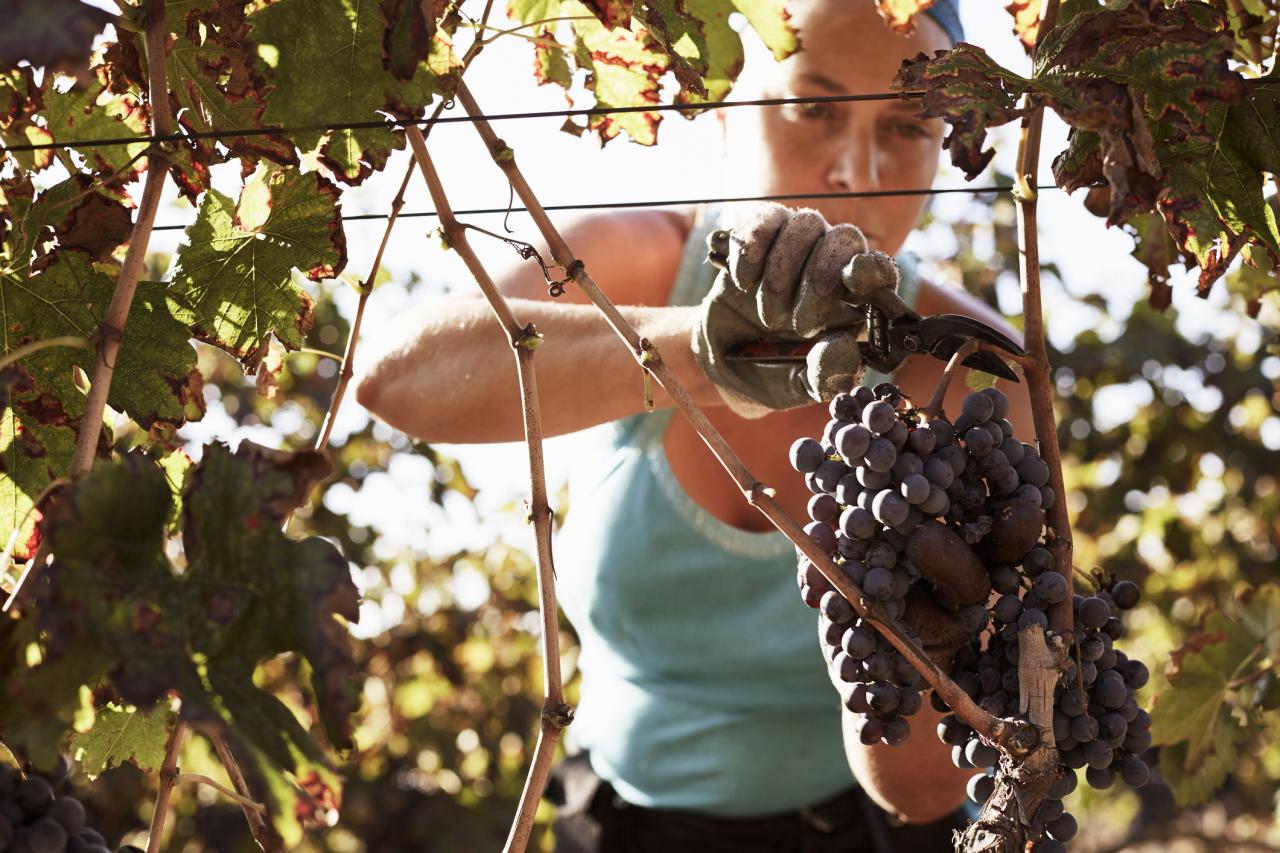
In May 2019, a Californian jury found Monsanto’s weed killer, Roundup, to be a “substantial factor” in the cancer suffered by a couple and ordered the American agrochemical company to pay them US$2 billion in damages. This was the third and largest verdict against Monsanto, now owned by German pharmaceutical giant Bayer, over its decades-old product.
A judge slashed the award to US$86.7 million in July after Bayer appealed, but it is cold comfort for the company. An estimated 13,400 similar Roundup cancer cases are pending in state and federal courts across the United States. European investors and Bayer’s management are in shock at the size of the settlements.
Financial damage to Bayer aside, it is hard to overstate the potential long-term significance of the Roundup lawsuits on the food industry. In 2017, Monsanto and DowDuPont were estimated to account for 60 percent of the global agricultural seed market. In the US, up to 80 percent of the corn and soybean market was controlled by Bayer/Monsanto and DowDuPont in 2018. Not surprisingly, the majority of US corn and soybeans have been genetically modified to withstand Roundup, whose active ingredient glyphosate is blamed for the cancer flaring up in gardeners and farmers.
The Roundup court cases will make the public become increasingly aware of the health risks they have been exposed to by the low-quality, high-volume food industry, inevitably leading to a shift of consumer behaviour. Already, media reports of Roundup seeping into the food chain is causing widespread unease even as the backlash against genetically modified foods continues to grow.
The food industry is ripe for a revolution. The model of the future will not be found in the mass production sector of the industry, which has pursued lower prices by squeezing more yield from crops and livestock on constantly shrinking space. Smart money should seek technology or operations breakthroughs that will replace present practices. The answer might just be found in an unexpected product: wine.
Eco-certified, but don’t tell anyone
As an industry, wine couldn’t be more different than the low-quality, high-volume food industry. Wine’s dual function as a high-end food product and investment instrument means wine producers have had a long, ongoing interest in sustainable value based on quality. Precisely because of this, the wine industry’s workings may guide the future of food.
Consider, for one thing, that while there may be as many as tens of thousands of wine producers across the globe, only some 250 are worth investing in. As one would expect, wary of competitors and fraudsters, these vineyards are extremely cautious about sharing too much of their production and storage expertise. But there is possibly a second, more interesting reason for their discretion: The top-end wine producers fear that by opening up, they could actually hurt their image.
The wine industry in California offers insights. Increasingly, Californian wine producers are combining modern wine-growing practices with environmentally friendly methodologies, which qualifies them for so-called eco-certification. In a study published in 2016, Magali Delmas, Olivier Gergaud and Jinghui Lim noted that the number of eco-certified Californian winemakers in their database had increased from 10 in 1998 to 57 in 2009. However, vineyards rarely use this certification as a selling point out of concern that consumers might consider eco-labelled products as inferior.
In other words, the wine industry is shifting towards eco-friendly products while trying to keep this information away from the consumer. This is in stark contrast to Big Food, which follows the exact opposite strategy: plastering product packaging with often-questionable health claims that may lead to consumers becoming more leery than loyal.
The irony is that, contrary to popular perception, eco-certified wines are rated more highly than non-certified ones. In their study, Delmas et al crunched the ratings of more than 74,000 wines produced in California between 1998 and 2009. They found that “being eco-certified increases the scaled score of the wine by 4.1 points on average [typically out of 100].” Adoption of wine eco-certification production methodologies has a statistically significant and positive effect on wine ratings.
Less is more
The upshot of eco-friendly production practices’ benign effect on wine quality is, quite simply, better returns for the producer. In a study published in 2014, Australia-based researchers Edward Oczkowski and Hristos Doucouliagos found a positive and significant correlation between wine scores and price. It is safe to conclude that wine producers in California are increasingly shifting towards environment-friendly production because it enhances the quality and hence the value of their product. Many consumers, meanwhile, have been drinking eco-friendly wine for years without realising it.
The correlation between eco-friendly production, quality and prices extends to the rest of the food industry, possibly even more strongly since foods labelled “non-GMO”, for instance, don’t suffer from an image problem. As consumers become increasingly vigilant about what, rather than how much, they eat, food producers will have ever more incentives to adopt less environment-damaging practices while producing better-quality food.
In the industrialised world, which is struggling with obesity, such a trend would have additional health benefits. If regulators and the media continue to nudge the population in the right direction, consumers will shift from over-consumption of low-quality food towards a more appropriate consumption level of higher quality products, while keeping steady their overall expenditure on food. That is something we can all say “cheers” to.
The original version of this post was published in European Business Review.
Kevin Parker is Managing Partner of Sustainable Insight Capital Management. He was a member of the management board of Deutsche Bank for 10 years and the Global Head of Deutsche Asset Management from 2004 to 2012. He also owns Château Maris in Languedoc, France.
Boris N. Liedtke is a Distinguished Executive Fellow at the INSEAD Emerging Markets Institute.
Found this article useful? Subscribe to our weekly newsletter.
-
View Comments
-
Leave a Comment





No comments yet.